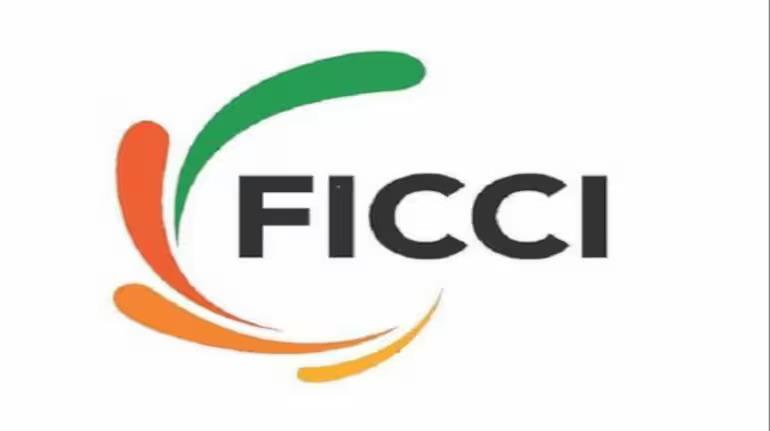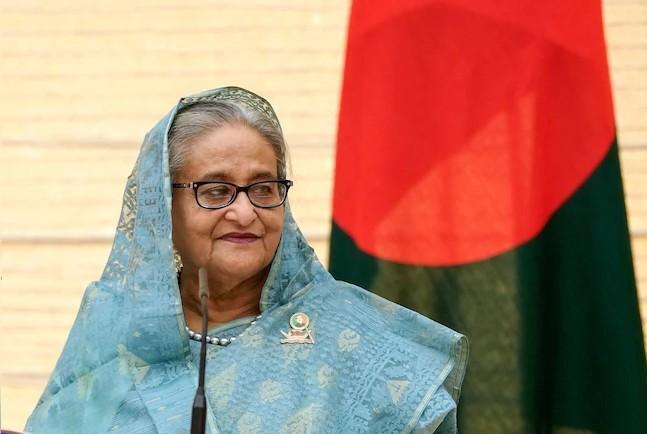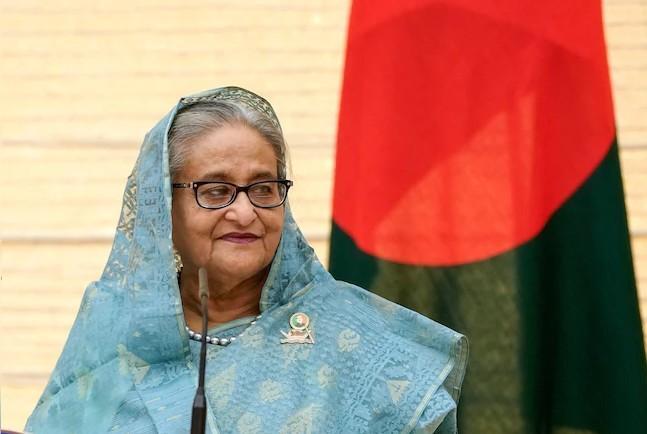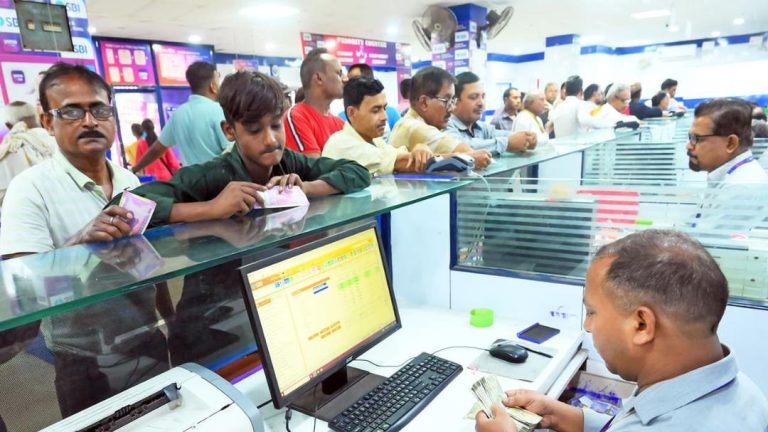
Disappointed by US’ Decision to Impose 25% Tariff on India: FICCI
The Federation of Indian Chambers of Commerce and Industry (FICCI) has expressed disappointment over the United States’ decision to impose a 25% tariff on India. The move is seen as a significant blow to the Indian economy, which is already reeling under the impact of the global pandemic.
FICCI President Harsha Vardhan Agarwal has expressed his disappointment over the decision, saying that it is “unfortunate” and will have a clear bearing on India’s exports. Agarwal also expressed hope that the imposition of higher tariffs will be a short-term phenomenon. However, the reality is that the impact of this decision will be felt for a long time, and it will have far-reaching consequences for the Indian economy.
The US has imposed a 25% tariff on a range of Indian products, including aluminum and steel, which are critical to the Indian manufacturing sector. The move is seen as a retaliatory measure by the US against India’s decision to impose tariffs on certain US products. The US has also imposed a penalty on India, along with the 25% tariff, which is likely to further exacerbate the situation.
The Indian government has been trying to negotiate with the US to resolve the issue, but so far, no agreement has been reached. The government has been urging India’s businesses to diversify their export markets and reduce their dependence on the US market. However, this is easier said than done, especially for industries that are heavily dependent on the US market.
The impact of the US’ decision will be felt across various sectors of the Indian economy. The manufacturing sector, which is already facing challenges, will be the hardest hit. The sector is heavily dependent on imports of raw materials and components, which are likely to become more expensive due to the tariffs. This will increase the cost of production and make Indian products less competitive in the global market.
The automotive sector is also likely to be impacted, as the US is one of the largest markets for Indian automakers. The tariffs will make Indian vehicles more expensive in the US market, which will hurt the sales of Indian automakers. The sector is already facing challenges due to the COVID-19 pandemic, and the tariffs will only add to its woes.
The decision will also have an impact on the Indian IT sector, which is heavily dependent on the US market. The sector is likely to face challenges in terms of attracting new clients and retaining existing ones due to the tariffs. The sector is already facing challenges due to the pandemic, and the tariffs will only add to its woes.
The Indian government has been trying to mitigate the impact of the tariffs by offering relief measures to affected industries. However, the measures are likely to be insufficient to offset the impact of the tariffs. The government needs to take more concrete steps to support the affected industries and help them adapt to the new reality.
In conclusion, the FICCI’s disappointment over the US’ decision to impose a 25% tariff on India is well-founded. The move is likely to have far-reaching consequences for the Indian economy, and it will take a concerted effort by the government and industry to mitigate its impact. The government needs to take concrete steps to support the affected industries and help them adapt to the new reality.
Sources:




